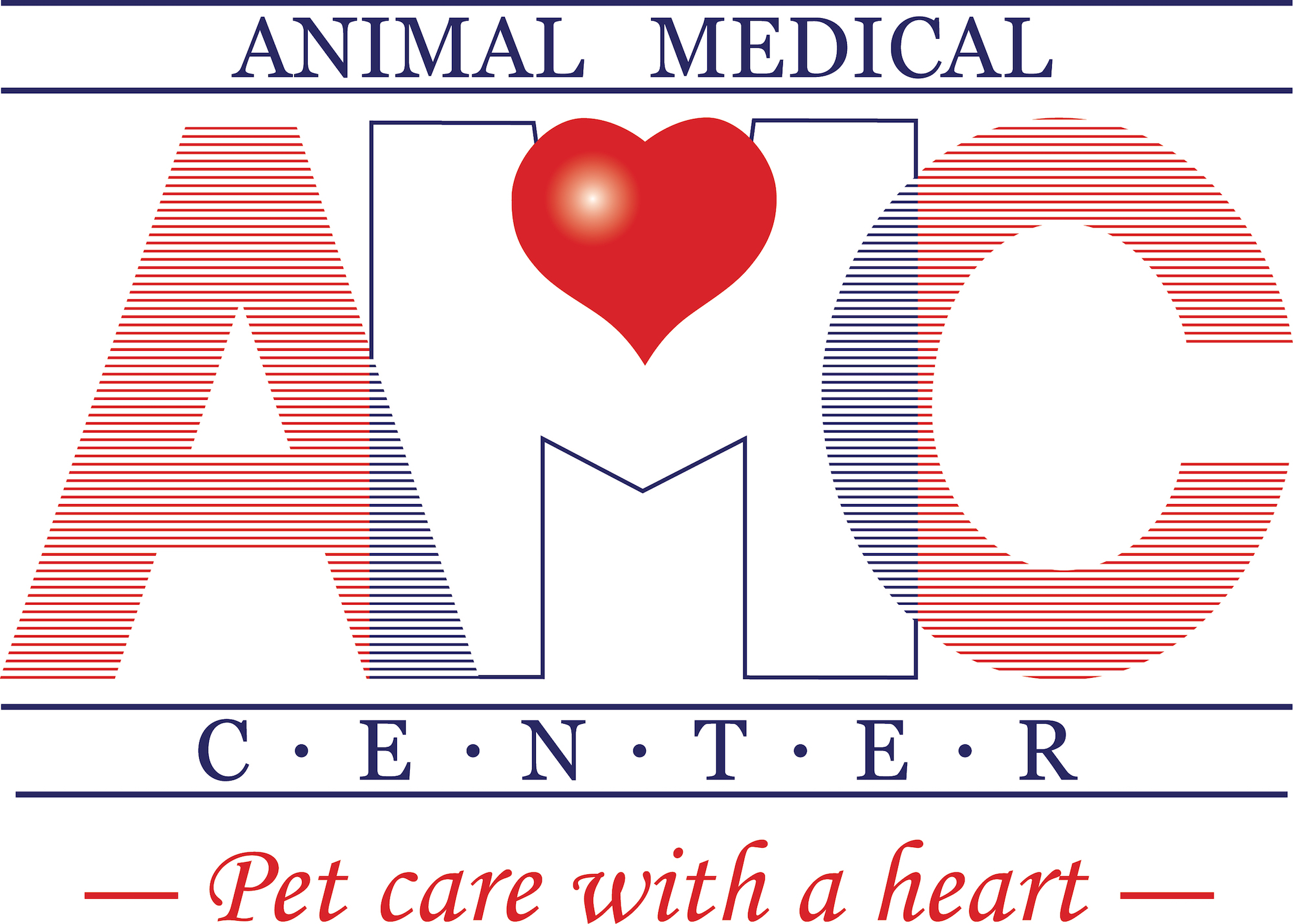Library
-
Depending on the size and breed of the dog, heats (estrus) can begin as early as four months old and can occur as frequently as every four months. Spaying a dog either through ovariohysterectomy or ovariectomy is the most effective way to prevent pregnancy. Spaying also negates false pregnancies and pyometra and reduces the risk of mammary cancer. Drugs that regulate the heat cycle are not approved for use in the US or Canada.
-
When traveling, you may need to board your pet at a kennel or veterinary clinic. Ask for references to find a boarding facility and visit it before having your pet stay there. A short stay before a longer trip can help your pet to settle in more easily.
-
Body condition scoring is a way to check if a pet is too skinny, too heavy, or just right. It allows a pet owner to determine how much fat their pet has compared to the muscles and bones. This handout outlines how to assess your pet's body condition score by look and feel.
-
Having a litter of puppies is an exciting event, but not without its responsibilities. At appropriate ages, puppies should be dewormed and start their vaccine series. They can start making their way to new homes by eight to ten weeks of age.
-
For the next two months, even if everything went smoothly with the birth, you have a lot of work to do! This includes keeping the whelping area clean and dry, closely monitoring the health of the mom and pups, and assisting with feeding and care of the pups as necessary. It is important to have the mother and puppies examined by your veterinarian within 48 hours of birth. The pups should be weighed regularly to make sure they are gaining weight. The mother can experience serious health problems including mastitis and eclampsia, needing emergency veterinary treatment.
-
Having a litter of puppies is an exciting event, with many responsibilities. This article outlines how to care for the mother and new puppies after birth, until the puppies are eating on their own. It discusses how and when to wean the puppies, guidelines for feeding the mother, and when to treat the puppies for parasites.
-
Most dogs do not need human or veterinary assistance during birth, but sometimes problems can arise that require veterinary attention. This article discusses problems that may occur. It is essential to closely monitor your pet during birthing and seek veterinary care if you have any concerns.
-
Breeding dogs is a great responsibility that should not be done just because an owner wants puppies from their beloved dog. Important considerations are discussed. Many puppies are abandoned at dog shelters because of inappropriate breeding practices. There are usually many dogs looking for homes and an owner can find the dog they are looking for through shelters or rescue organizations.
-
It is estimated that over 80% of dogs over the age of three have periodontal disease (infection of the tissues surrounding the teeth). Brushing three times a week is the minimum recommendation to help remove plaque and prevent tartar accumulation. To be successful at brushing your dog's teeth, you must make it a positive experience for both of you. Do not use human toothpaste or baking soda. A list of dental products and diets that have been accepted by the Veterinary Oral Health Counsel can be found on www.vohc.org.
-
Recommendations for New Puppy Owners: Veterinary Care
Nos gustaría felicitarle por la adquisición de su nuevo cachorro. Ser propietario de un cachorro es una experiencia extremadamente satisfactoria, pero además conlleva cierta responsabilidad. Esperamos que estas notas que le ofrecemos le sean de ayuda. Si tiene alguna pregunta relacionada con cualquier tema sobre la salud de su cachorro, por favor no dude en ponerse en contacto con nosotros.

